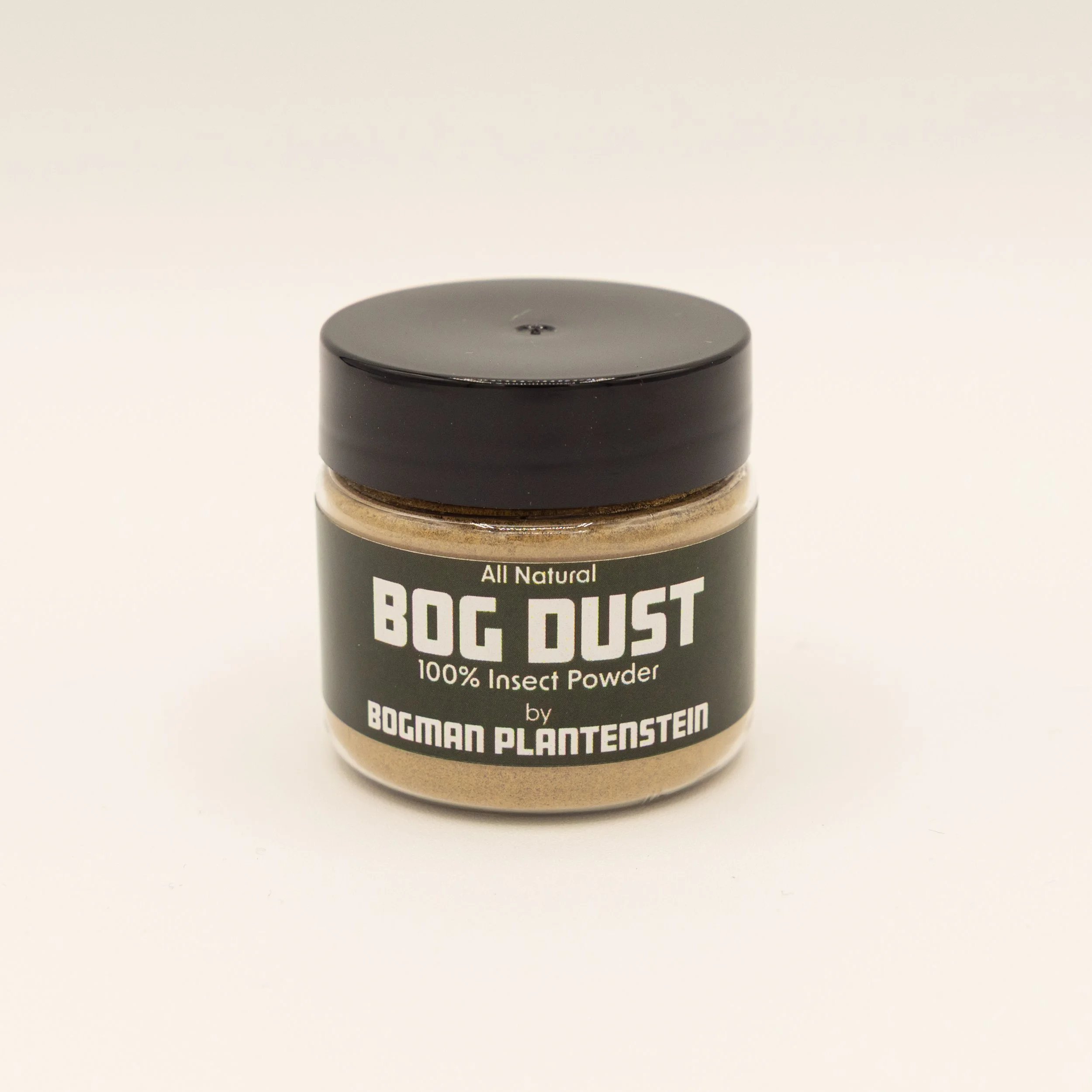 Image 1 of 6
Image 1 of 6

 Image 2 of 6
Image 2 of 6

 Image 3 of 6
Image 3 of 6

 Image 4 of 6
Image 4 of 6

 Image 5 of 6
Image 5 of 6

 Image 6 of 6
Image 6 of 6







Drosera spatulata (Jardine River)
Description
Drosera spatulata is a subtropical/tropical sundew known for its spatula or spoon-shaped leaves in dense rosettes. It is one of the easiest and most reliable species that is adaptable to different climates and produces large quantities of seed. This form of Drosera spatulata originates from the Jardine River in Queensland, Australia near the Cape York peninsula. It has beautiful, dewy, multi-hued rosettes that turn a spectacular orange-red color in bright light. It has long and thin spoon-shaped leaves with large dew drops, growing to around 2” in diameter with white, self-pollinating flowers. This is an uncommon and beautiful form that is great for any collector. It does well in warm conditions.
Drosera spatulata is a widespread and highly variable species found throughout Southeast Asia and Oceania with many different forms. It has no dormancy period and readily germinates from copious amounts of tiny black seeds. Its habitat can be highly variable, especially with regards to climate with some populations in lowland tropical climates and others in the cold hills of New Zealand. Overall an easy species that can become weedy in collections from dropped seed.
Plants are potted in 2.5”W x 3.5”H pots and are ~1” in diameter, nearly flowering sized.
WINTER SHIPPING: Cold winter temperatures (<40F) require heat packs which will be automatically included with the shipment if necessary.
Growing Information
Climate: Temperatures from 50-100F, all humidity levels.
Light: Part to Full Sun or 20W per sq ft LED light.
Water: Distilled or Reverse Osmosis water. Sitting in 0.5”-1” of water using tray method. Only use distilled, reverse osmosis, or rainwater because tap water is toxic to carnivorous plants due to high mineral content and chlorine.
Soil: 50% Peat Moss: 50% Perlite/Sand. Rinse media with distilled or reverse osmosis water to remove excess salts.
Feeding: Feed leaves with Insect Powder every month or so.
Description
Drosera spatulata is a subtropical/tropical sundew known for its spatula or spoon-shaped leaves in dense rosettes. It is one of the easiest and most reliable species that is adaptable to different climates and produces large quantities of seed. This form of Drosera spatulata originates from the Jardine River in Queensland, Australia near the Cape York peninsula. It has beautiful, dewy, multi-hued rosettes that turn a spectacular orange-red color in bright light. It has long and thin spoon-shaped leaves with large dew drops, growing to around 2” in diameter with white, self-pollinating flowers. This is an uncommon and beautiful form that is great for any collector. It does well in warm conditions.
Drosera spatulata is a widespread and highly variable species found throughout Southeast Asia and Oceania with many different forms. It has no dormancy period and readily germinates from copious amounts of tiny black seeds. Its habitat can be highly variable, especially with regards to climate with some populations in lowland tropical climates and others in the cold hills of New Zealand. Overall an easy species that can become weedy in collections from dropped seed.
Plants are potted in 2.5”W x 3.5”H pots and are ~1” in diameter, nearly flowering sized.
WINTER SHIPPING: Cold winter temperatures (<40F) require heat packs which will be automatically included with the shipment if necessary.
Growing Information
Climate: Temperatures from 50-100F, all humidity levels.
Light: Part to Full Sun or 20W per sq ft LED light.
Water: Distilled or Reverse Osmosis water. Sitting in 0.5”-1” of water using tray method. Only use distilled, reverse osmosis, or rainwater because tap water is toxic to carnivorous plants due to high mineral content and chlorine.
Soil: 50% Peat Moss: 50% Perlite/Sand. Rinse media with distilled or reverse osmosis water to remove excess salts.
Feeding: Feed leaves with Insect Powder every month or so.


